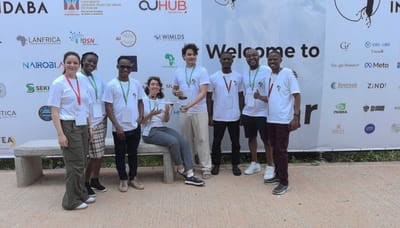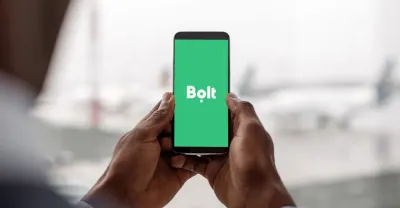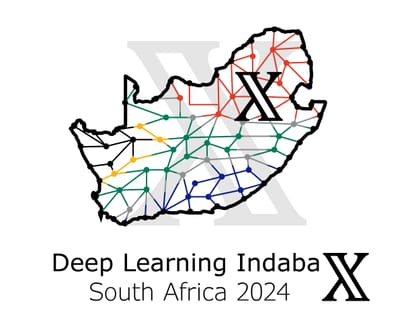Safaricom and Ethiopian state-controlled competitor Ethio Telecom struck an agreement to share mobile telecommunication towers. The deal, signed at a joint mediation meeting convened by the Ethiopia Communications Authority (ECA), also includes the sharing of related power.
Concerning interconnection and capacity lease agreements, the two East Afrikan telecommunications companies came to an agreement. Tariffs, the load-bearing capacity of the towers, the actual space within sites, antenna tilt and height, and the negative effects on service quality when antennas are shared, as well as the different standards used by the equipment provider, had to be discussed and agreed upon in order to reach a consensus.
"The continuing talks between Ethio Telecom and Safaricom Telecommunications Ethiopia Plc on tower and power-sharing, transmission capacity lease, and interconnection have been finalized in good faith," the regulator said.
Safaricom in Ethiopia
Safaricom received a license in May 2021 as part of the Ethiopian telecom market's government-led privatization process. Prime Minister Abbey Ahmed has made privatization of the telecommunications industry a top priority, with new companies such as Safaricom being licensed and state-controlled providers being partially privatized.
Due to increased foreign investor worry regarding social unrest and volatility in the country's Tigray area, initiatives in the telecommunications industry have been postponed. Safaricom Ethiopia is funded by a number of regional and international telecommunications companies, including Vodacom and Vodafone.
Internet shutdowns
Since 2015, Ethiopia's 16 million Internet users have been facing internet outages, owing to the state-owned operator's control over online communication. The most severe internet shutdowns to date happened in the Amhara and Oromia areas in 2019 and 2020, respectively.
Internet shutdowns went on for weeks, estimated loss was calculated at $4.5 million for each day the country's Internet was down.
Ethiopia is one of several Afrikan countries that have used targeted internet shutdowns, including Sudan and Cameroon. When banks are closed, phone lines are down, which makes it difficult for people to communicate about medical services, food, and shelter.
— By Bataung Qhotsokoane







